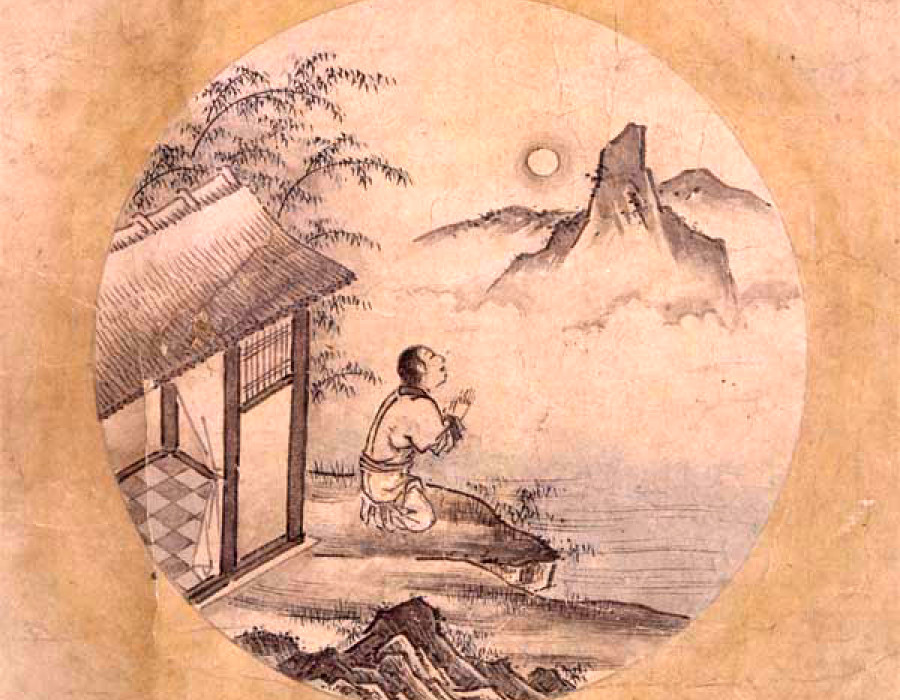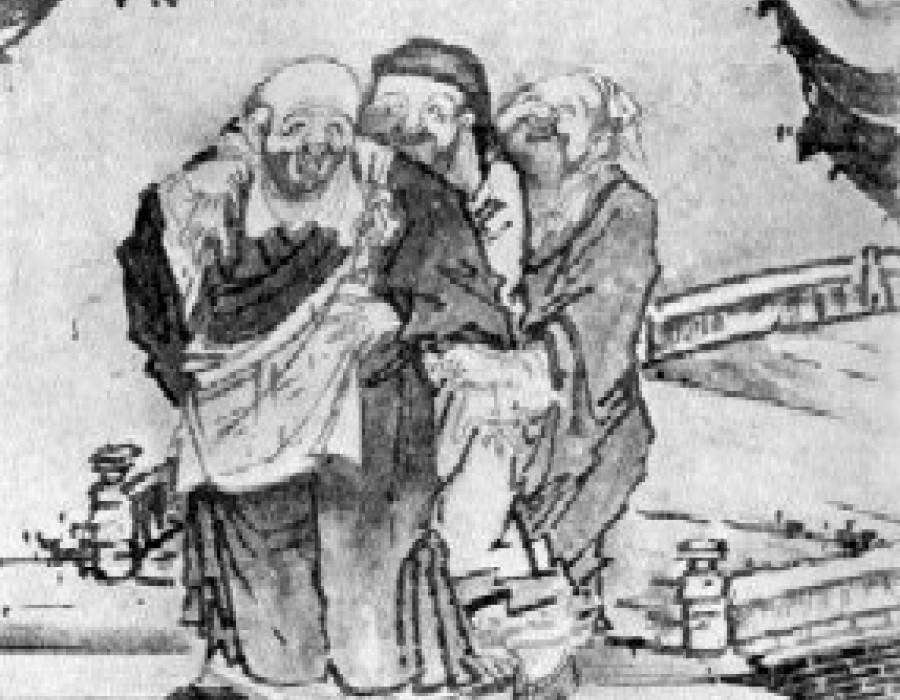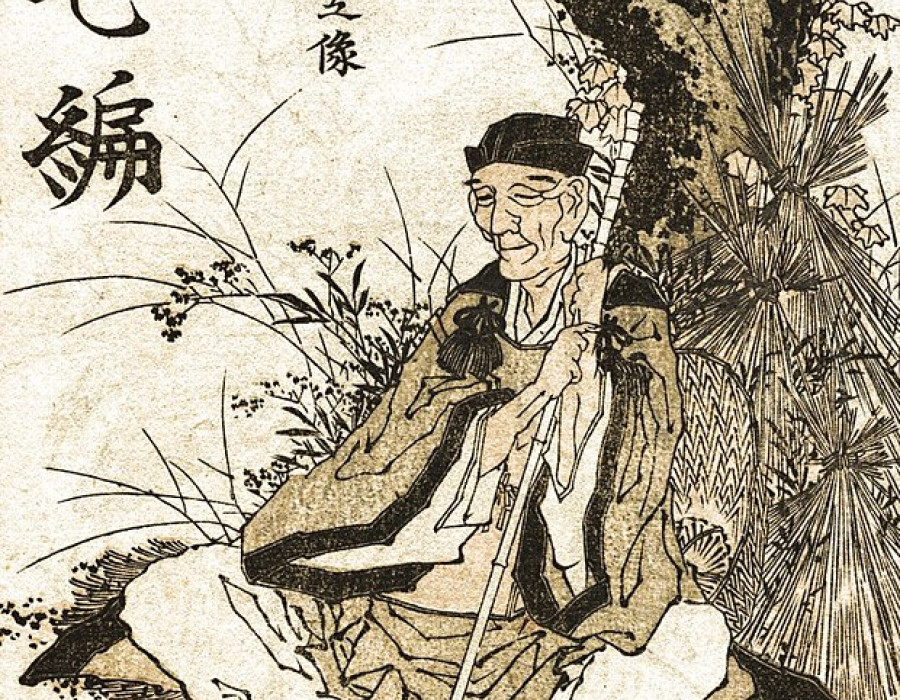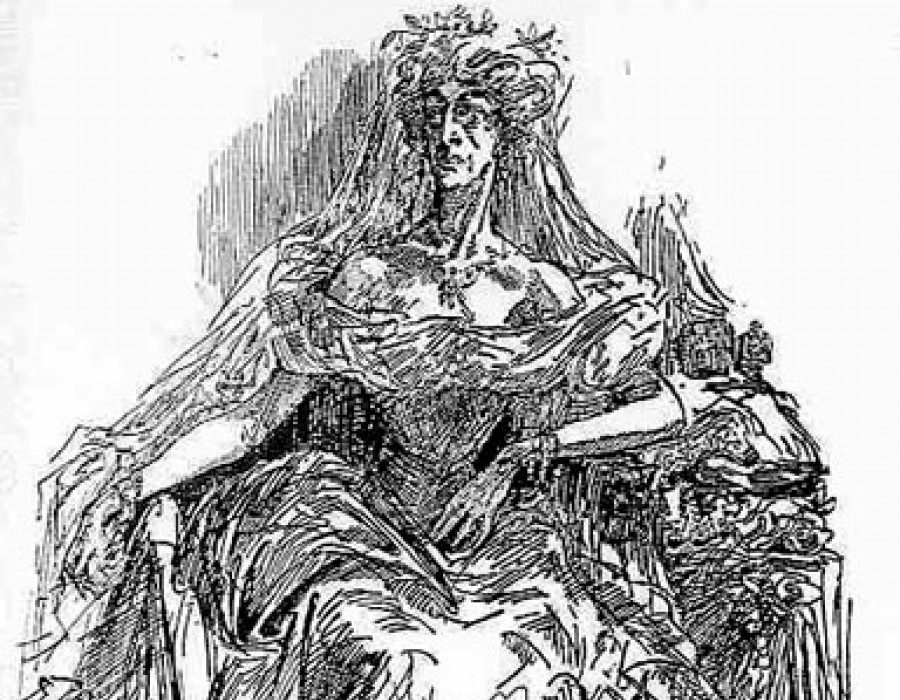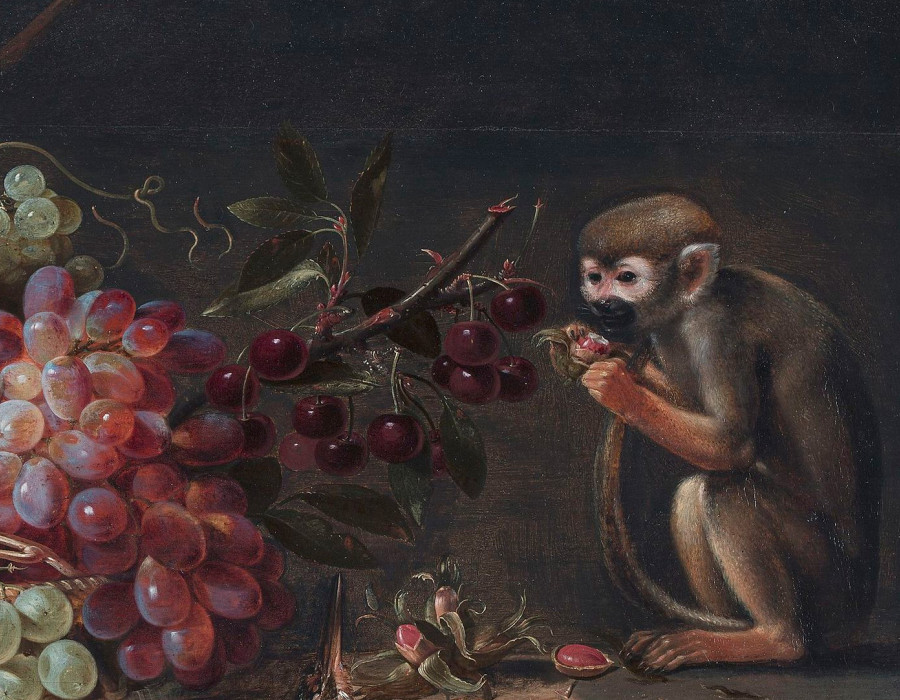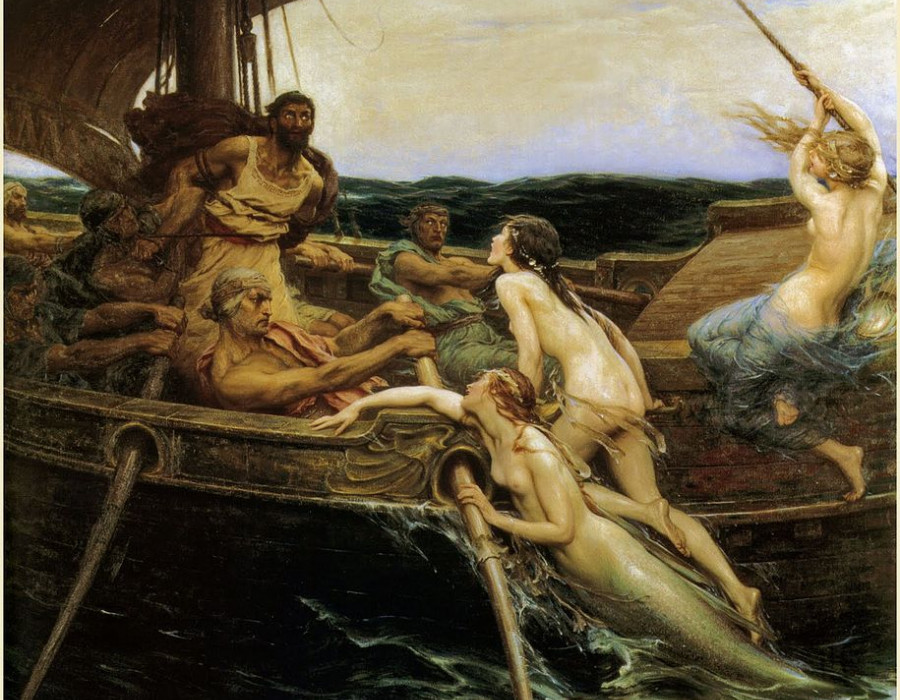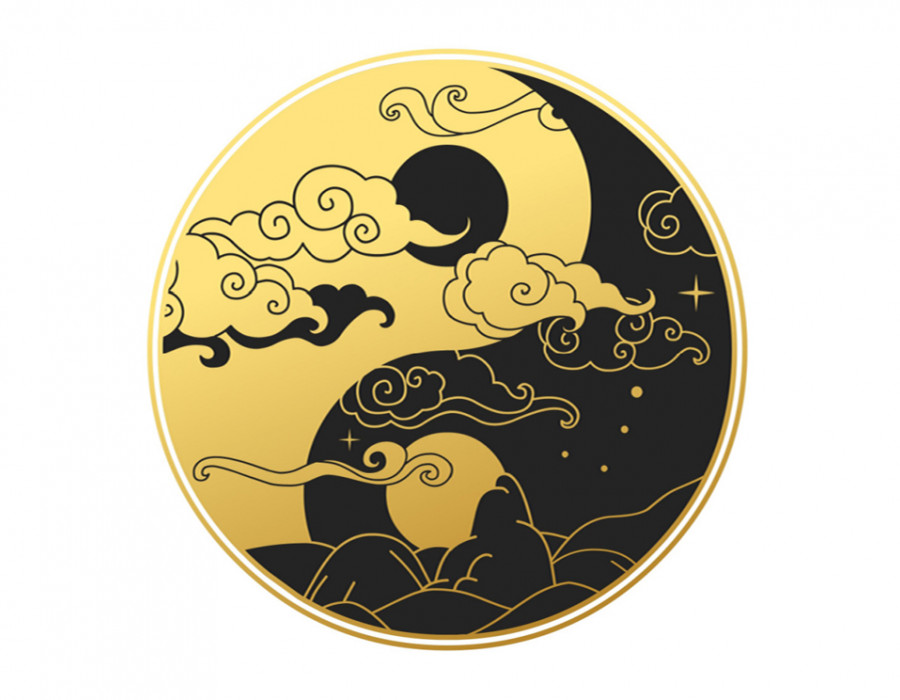Jenny Hall
Verses from The Dhammapada 290
It isn't the objects of our desires that are the problem, it's our relationship to them.
 ©
© Shutterstock
"The wise man will give up a lesser pleasure to obtain a greater joy."
"The wise man will give up a lesser pleasure… ”
Sigmund Freud called the instinctive desire to seek pleasure and avoid pain "The Pleasure Principle". However, the following story illustrates the failure of such a search to assuage the deep longing of the heart.
Brer Fox and Brer Rabbit were always arguing. Occasionally, however, for a while their quarrels would cease. During one of these periods, Brer Rabbit met Brer Fox. They started to complain that they were very bored. They agreed that there didn't seem to be much pleasure in life. Always looking for ways to trick Brer Fox, Brer Rabbit had an idea. He suggested they arrange a fishing party to liven things up a bit. They met the following evening at the pond with their fishing tackle and bait. Together they prepared the hooks and lines. Just as Brer Rabbit was about to cast his line, he exclaimed, "I don't believe it! Look, the moon has fallen in the water!” Brer Fox peered into the pond. There floating in the water was the moon. "This won't do!" said cunning Brer Rabbit. "There is no way the fish will come with the moon in the water. We must think of a way to get it out." They both pondered awhile. Suddenly, Brer Rabbit said he had an idea. I know, I’ll borrow Brer Turtle’s drag net”. They both agreed that this was an excellent plan. Brer Tortoise was pleased to lend his net. Brer Rabbit instructed Brer Fox to cast it in the water and drag it along the surface. However, when he pulled it out the moon was still shining in the pond. Brer Rabbit told Brer Fox to go in deeper. Brer Fox waded in further. He tried again to no avail. “Try a little deeper.” called Brer Rabbit. Brer Fox paddled even further into the water. Suddenly the mud beneath his feet gave way. He was totally submerged in the pond. Dripping from head to foot, he hauled himself out. Chuckling to himself, Brer Rabbit told Brer Fox to go home and dry off.
When we feel bored or dissatisfied, like Brer Rabbit and Brer Fox we seek pleasure to nullify those feelings. Brer Rabbit arranged a fishing trip to trick Brer Fox. Perhaps we visit a shopping mall where desire is further aroused by myriad objects. If what we crave isn't immediately available we imagine it. Just thinking of a custard doughnut stimulates the digestive juices. The body responds instantly to such mental pictures. We seek pleasure over and over again but satisfaction eludes us.
The Buddha taught that it isn't the objects themselves that are the problem. It is our relationship to them. Everything, including ourselves, is in a state of flux. Nothing is permanent. We endlessly crave and then become attached to what is intrinsically ephemeral. Like Brer Fox trying to grasp the moon’s reflection, we chase illusions. Like Brer Fox falling into the pond, we suffer as a result.
“ … to obtain a greater joy.’
The Buddha taught the "middle path". It avoids the extremes of both indulging desire and of repressing it. He said this path "leads to peace of mind". The Zen training supports us in walking this path. We are encouraged to meet desire as it flares. We invite it to burn ‘me’ away. The energy is transformed into choiceless awareness (the Buddha nature). In the daily life practice, by wholeheartedly giving ourselves away into whatever is arising in the heart, choiceless awareness responds, free from ‘I’ and my picking and choosing which are driven by impulsive craving.
In the Pali Canon there is a beautiful story of the Buddha sharing a basket of tangerines with a group of children. He shows them how to wholeheartedly peel, slice and eat a tangerine. When this happens the senses fully feel, smell and taste the fruit. The senses do not need me for this to occur. When there is no ‘me’ to block the sense of perception, there is complete communion with the taste and smell of the tangerine. As soon as thoughts of, "this is rather sour" or "I wish I had another" then ‘I’ am back seeking pleasure. When there is no grasping after pleasure there is enjoyment in each changing moment. This ‘choiceless awareness’ naturally keeps the precept of not to abuse the senses.
Marcel Proust described a young man who prided himself on having very refined tastes. He lived in a modest apartment and could not afford to surround himself with expensive objects. Proust was suggesting that if we, like his friend Chardin, wholeheartedly give ourselves to looking at the most commonplace objects then joy arises. A harmonious painting, the song of the blackbird, a beautiful piece of music quite naturally extinguish the sense of ‘me’ and of my wanting this or that. This ‘whole-hearted giving’ transforms what I have previously judged as ‘boring’ or ‘mundane’ into a different light.
Shortly after retiring, giving myself to emptying the dustbin, a true delight arose. Free from self- consciousness, responding to all the changing vicissitudes of life, this greater joy is the heart’s fulfilment.
Verses from the Dhammapada | Jenny Hall
Dharma Centre
We have just launched our online Dharma Centre. All are welcome...
Join our Community!















